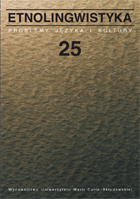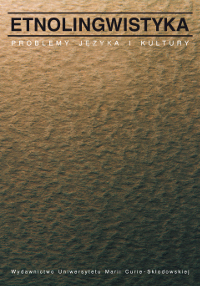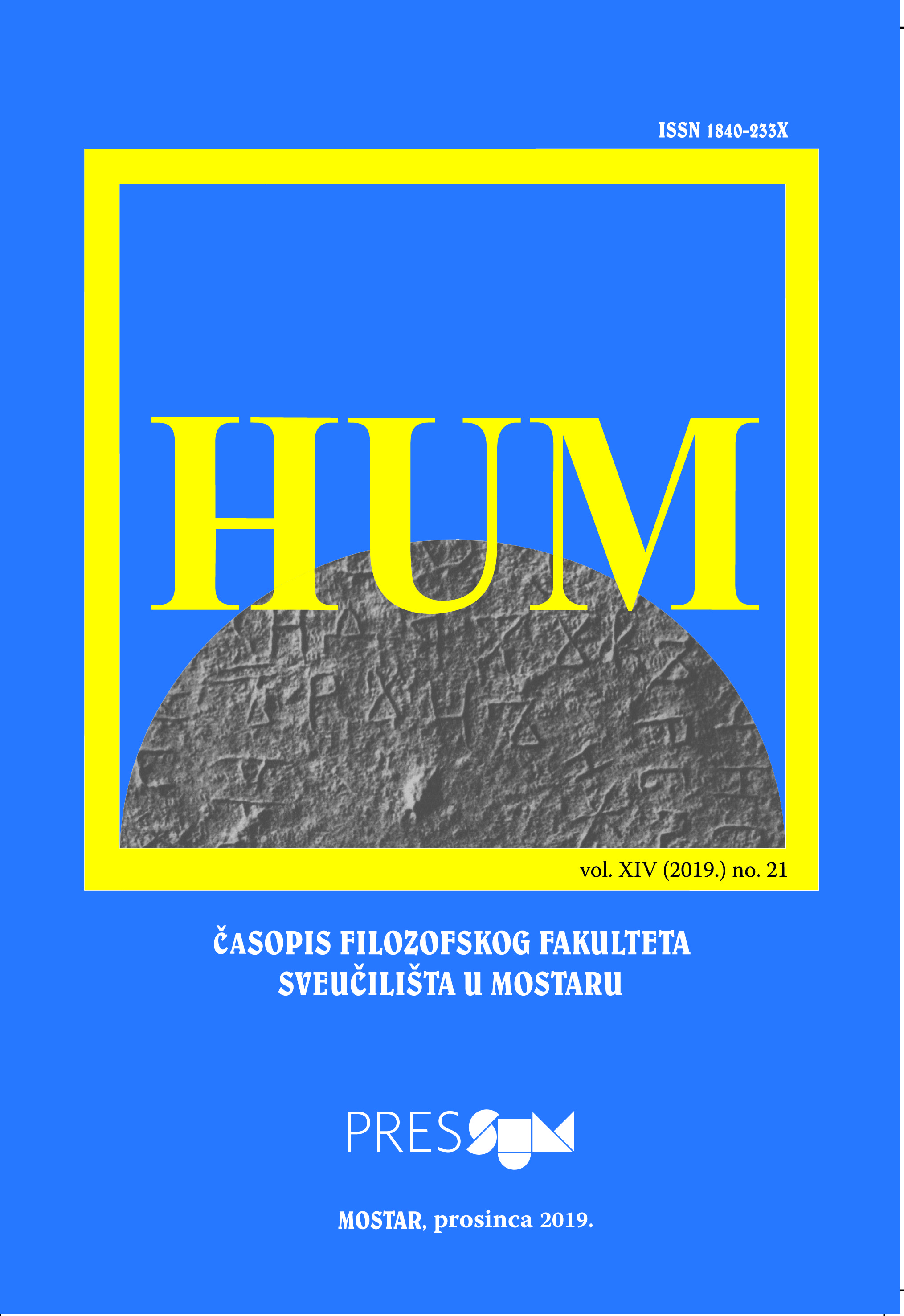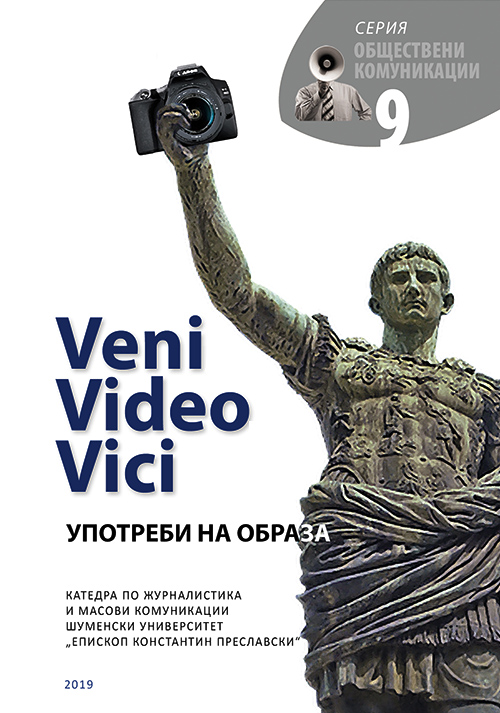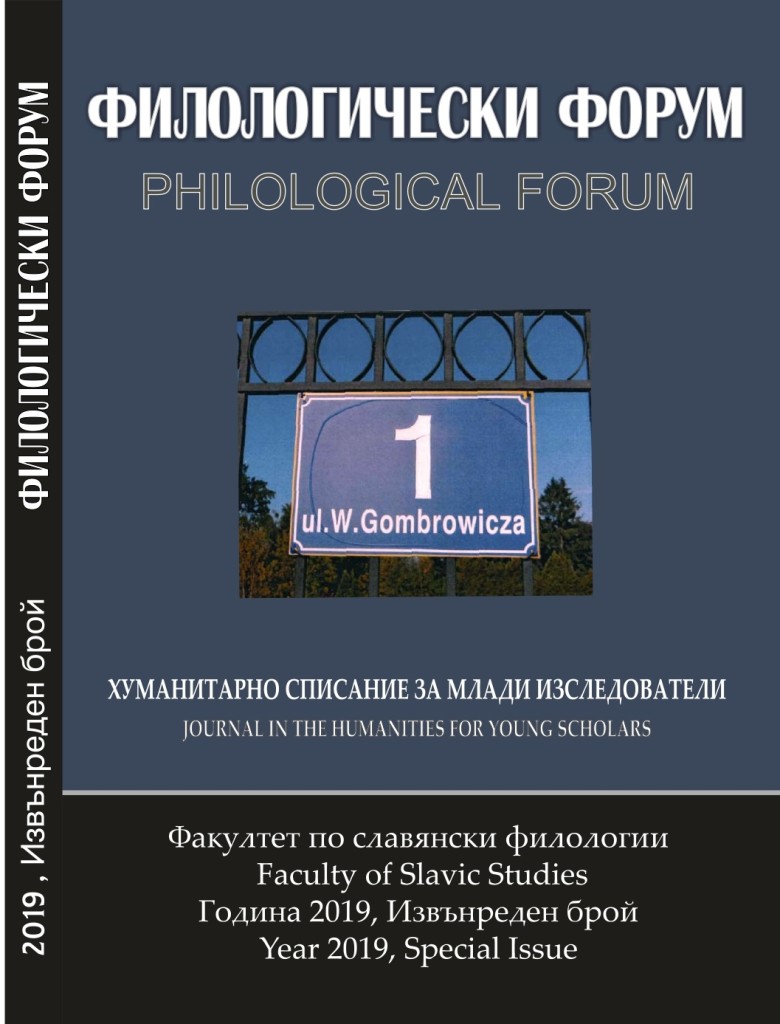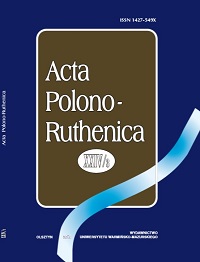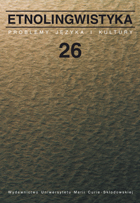
О русской Европе
The article deals with the concept of Europe in Russian. Tah analysis is performed on the basis of dictionaries, the Russian National Corpus, the legal and philosophical discourse, media and everyday conversations. A scrutiny of dictionaries reveals the cultural component in the figurative understanding of the name of the continent. Questionnaires have shown that young Russian speakers associate Europe with economically developed Western countries: Germany, France, Britain, Italy. An analysis of the RNC shows that within the concept of Europe, originally the notion of “education” was formed, which then gave way to the notion of “culture”. Slavophiles and Westerners, in their philosophical discourse of the 19th c., formulated contrasting assessments of Europe, found in metaphors of Europe and Russia in the language of media and everyday usage.
More...
